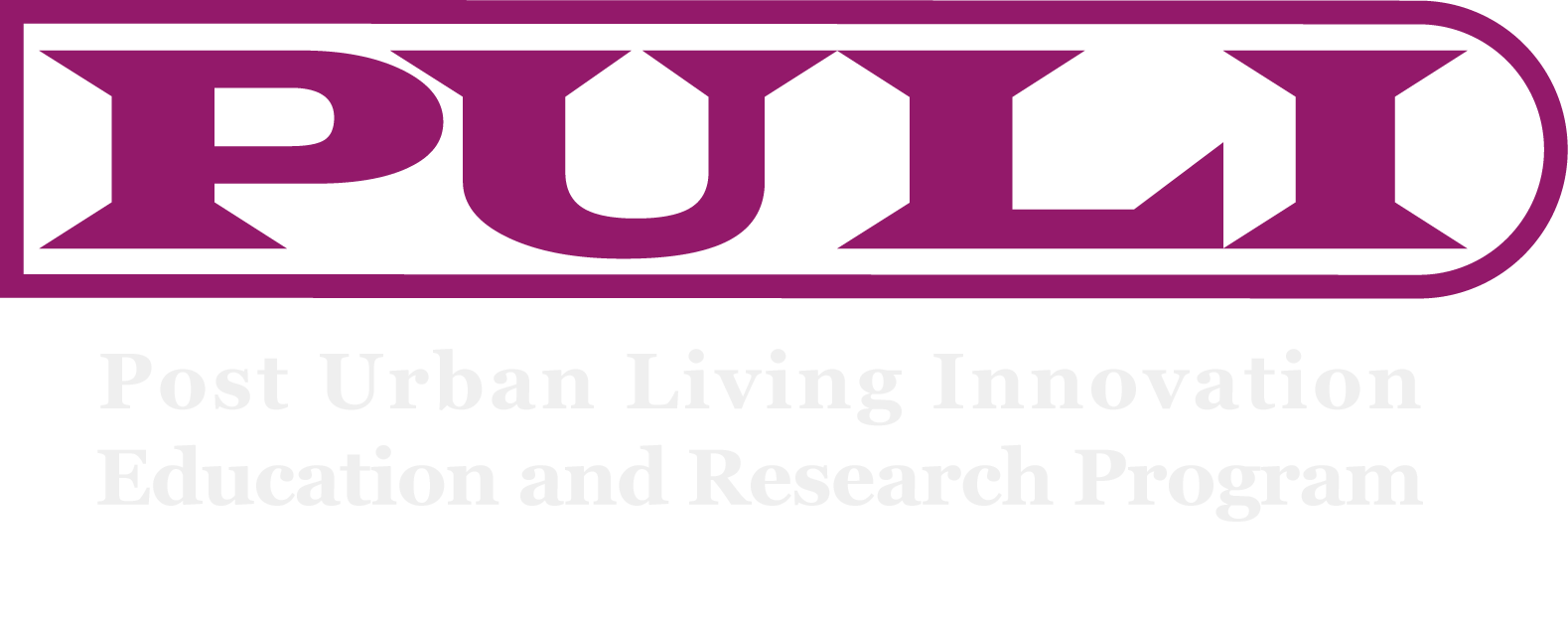PULI002 is one of the projects within the Post Urban Living Program where Chiba University collaborates with important universities in Latin America. Tecnológico de Monterrey, the biggest private university in Mexico and UNAM, the biggest public university, participate in this project.
PULI002 project focuses on the use of hydrogen technology. The students have worked during 4 years with different teams that develop continuous phases of this project. The aim is to find new values of using such renewable energy and develop application proposals that impact societies in both countries.
Energy self-sufficiency is a big issue in both, Japan and Mexico. Hydrogen energy is an alternative solution to face this challenge offering important advantages in sustainability. In order to create the biggest possible impact by using this technology, the participating students connected their projects to an industry that has the potential for the economy of both countries: tourism.
In Mexico, UNAM and Tec de Monterrey joined to combine efforts into developing Ruta Maya, a proposal which objective is to increase eco-touristic activities in the region of Yucatán Península.
Tec de Monterrey focused on the most important touristic destination in the region, Cancún City. They developed a system that connects touristic activities with agricultural production and education about the environment that is empowered by hydrogen energy.
UNAM proposed a train route that connects several rural areas in the region with the big touristic cities. It is not only empowered by hydrogen but also delivers this resource in such areas to be used for local transportation devices.
In Japan, Chiba University centered efforts into developing a model city that is empowered only by hydrogen. The chosen place to transform into such model was Sumida City in Tokyo for its important touristic landmarks combined with its traditional residential areas that are situated in a waterfront location. The main value of this proposal came from the philosophy of local production for local consumption. The proposal was based on a main platform that uses local water resources to produce hydrogen. Hydrogen would empower a series of applications that aim to convert Sumida City into a never-stopping city focusing on the needs of local residents and tourists.
New Hydrogen World 2030
Chiba University with UNAM and Tec de Monterrey work to find new values of using hydrogen energy and develop conceptual application proposals that impact societies in both countries.
In order to create the biggest possible impact by using this technology, the participating students connected their projects to tourism, a very important industry for the economy of both countries.
In Mexico, Tec de Monterrey and UNAM developed proposals to empower eco-tourism in the most important destination Mexico, which is Cancún.
In Japan, Chiba University developed a system to turn Sumida City into a model city that functions only by hydrogen becoming a never-stopping city.
PLACE: Mexico City – Cancún , Mexico, PERIOD: January 4th – 15th 2019
PLACE: Chiba , Japan, PERIOD: February 27th – March 8th 2019
ORGANIZERS: Chiba University, Tecnológico de Monterrey CCM and UNAM Posgrado de Diseño & CIDI
Video of PULI002 Workshop in Japan, March 2019: “New World by Hydrogen 2030”
Video of PULI002 Workshop in Mexico, January 2019: “New World by Hydrogen 2030”




Comments by Algis Algis
Warning: count(): Parameter must be an array or an object that implements Countable in /home/design-cu/design-cu.xsrv.jp/public_html/puli/wp-includes/class-wp-comment-query.php on line 399